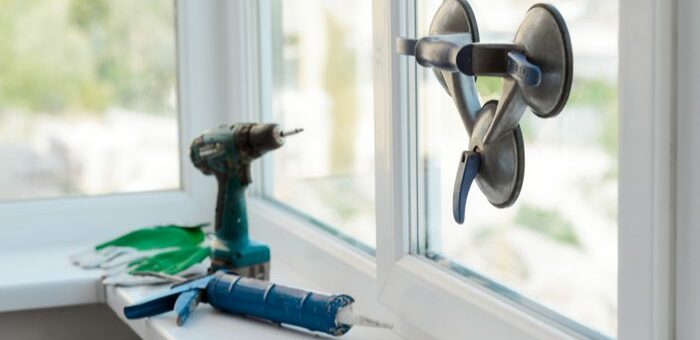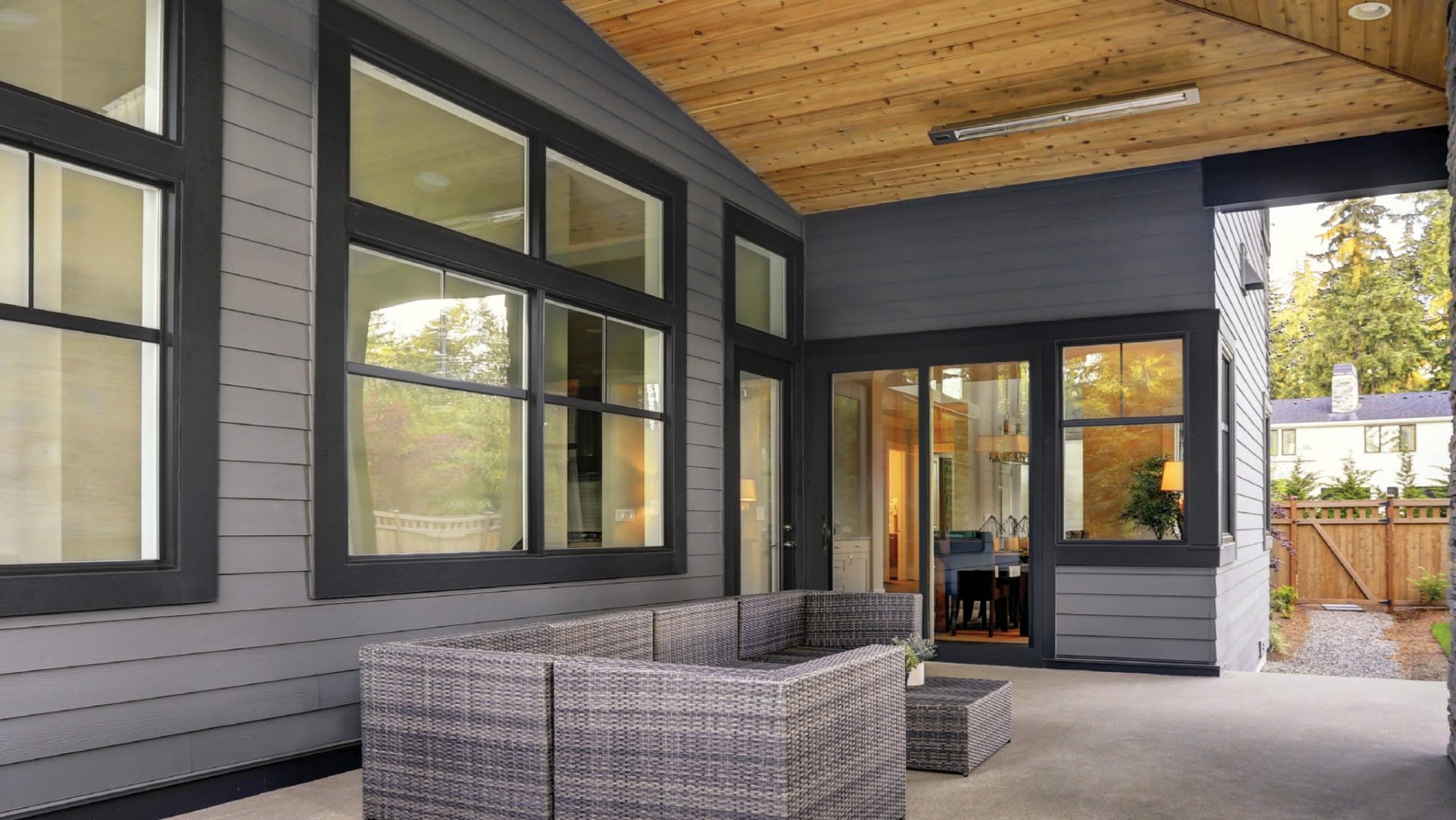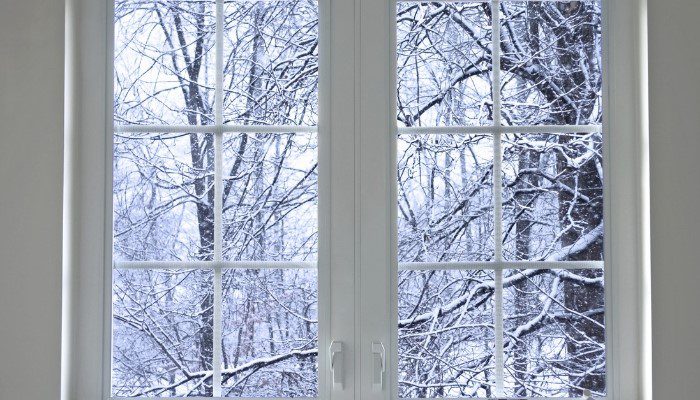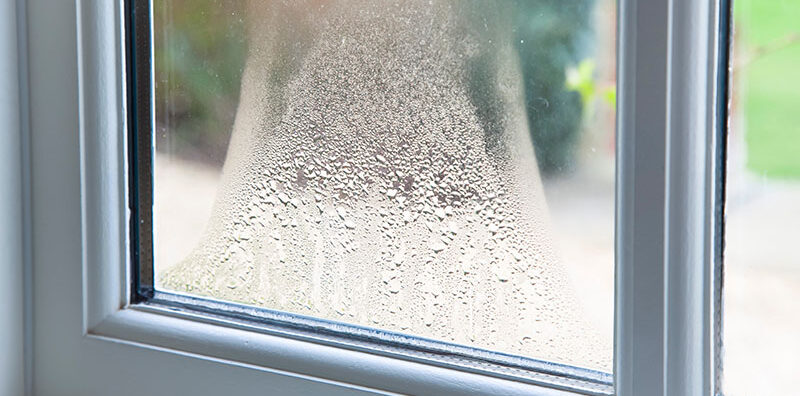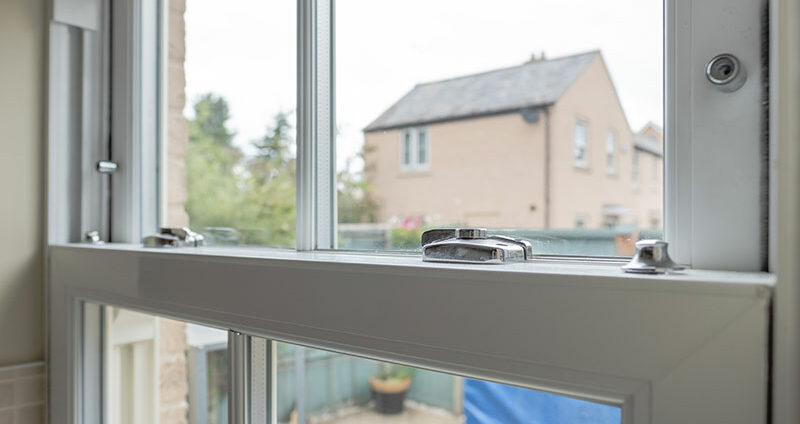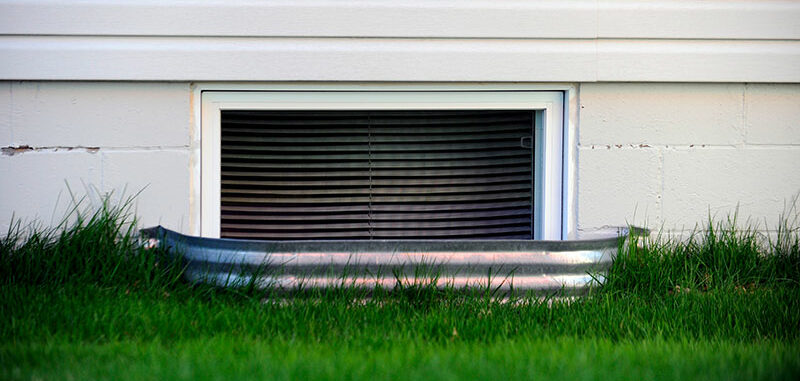
Types of Window Glass
Choosing the right type of window glass can be confusing. We have compiled many options you can consider if you are looking at replacements.
50% off installation
Special financing available. See details
The new and improved window glass selections are more energy-efficient and will lower your utility bills. There are many types of window glass to consider. Factors include where your home is located, your climate,, the amount of sunlight you want entering your home and the overall aesthetic appeal you are going for.
Choosing from different types of window glass can be confusing. We have compiled several options you can consider if you are looking at replacing your current window glass.
Clear or Annealed Glass
Basic windows are installed with clear or annealed glass. These budgeted glass inserts have not been tempered for extra strength. They do serve their purpose in protecting your home from dust and insects but are not durable enough to protect your home from intense storms. This type of glass is also not energy efficient and will not protect your furniture and home interiors from ultraviolet rays.
Tempered Glass
Tempered glass is used as a safety glass with its ability to break into dull shards upon impact. It is processed under a controlled thermal treatment which increases its strength, unlike the clear or annealed glass. The tempering process allows the outer surfaces to be compressed while the interior glass into tension.
They are primarily used in parts of the home where accidents can cause the most harm, such as the bathrooms and skylights. Once broken, tempered glass breaks down into tiny, harmless pieces, unlike clear glass where the pieces come in different sharp sizes.
Heat-absorbing Tinted Glass
Heat-absorbing Tinted Glass helps control the heat coming into your home. The tinted glass reduces the glares and the heat that is absorbed from the outside. These tints were first introduced in 1951 and used in automobiles and buildings. They have a green, gray, or brownish tint that can lower the heat to as much as 45 percent.
Laminated Glass
Laminated Glass is manufactured with a layer of polyvinyl butyral, compressed between two layers of glass. Also used as safety glass, the laminated film reduces the amount of broken glass by allowing the pieces to stick on the interlayer.
Laminated glass has increased durability features and also qualities such as sound reduction. It has been proven to eliminate ultraviolet rays by 99 percent, and in case the glass breaks, it will not shatter into dangerous pieces. Most laminated glass also has a Low-E coating application.
Reflective Glass
Reflective Glass has a film that controls how much light enters your home, especially in the summertime when the sun’s rays are at their hottest. A thin layer of metallic oxide or metal is applied during the manufacturing process. With a thicker glass, less light will pass through, and it will give a mirror-like appearance that is mainly used in large buildings for aesthetic purposes.

Insulated Glass
Insulated Glass, such as gas-filled insulated glass, is an exceptional energy-efficient replacement window glass option. These kinds of glass have superior efficiency qualities, and its additional insulation and gas inserts help resist breakages.
Low Emissivity Glass
Low emissivity glass or Low-E glass is coated with a transparent finish that lessens the amount of light from entering through the glass. This type of glass reduces the reflection of the sun’s rays, allowing the rooms in your home to be cooler. This also allows for more energy efficiency and lower utility bills.
Reflective or Mirrored Glass
The reflective or mirror glass is made by adding an aluminum film that is embedded in the glass. The coating is then sealed with a protective sealant that creates a mirror effect.
These features provide the most privacy than the other kinds of glass. They are mainly used as decorative pieces such as on walls and doors. They are not recommended to be used on exterior windows due to safety reasons.
Heat Strengthened Glass
Heat Strengthened Glass is made from annealed glass that is reheated and cooled. This process strengthens the glass and allows it to be tougher. With greater resistance to heat than annealed glass, if broken, its pieces break into larger pieces, so it can not be used as a safety glass product. It can not be drilled or cut, and any alterations such as acid etching can damage the glass.
Double Glazed Glass
Double Glazed Glass is used as acoustic and thermal insulation. They are produced using multiple glass panes in a single-window system. In between the panes is a layer of gas or air which is efficient at minimizing noise. The layers of panes reduce the heat escaping during the winter seasons and prevents heat from coming in during the summer months.
Stained Glass
Stained glass is heated until it reaches the molten level. The colors are added in small amounts using silica sand, and the pieces of colored glass are mixed with metallic oxide then cooled on thin sheets. Primarily used in churches, stained glass can also be found in homes and seen in long hallways, stairways, and patio gardens. They are easy to maintain, are durable, and provide excellent insulation for windows and doors.
Crown Glass
Crown Glass is created using a glassblowing process. Large disks were spun and cut into shapes, and made into window panes. They are made from potassium oxide and silicate glass, which has a much more transparent finish because of improved manufacturing than when it was first produced in the 14th and up until the 19th century.
It is commonly used in diamond-shaped windows and still used in historically kept homes and buildings. Crown glass and blown plate glass were the most common window glass types during that time.
Need more information concerning types of glass for windows or are you thinking about a replacement window project? Feel free to contact 1-800-HANSONS for a free estimate today.
Related Window Information:
Types of window frames
Window maintenance
How to replace and install windows
Why 1-800-HANSONS?



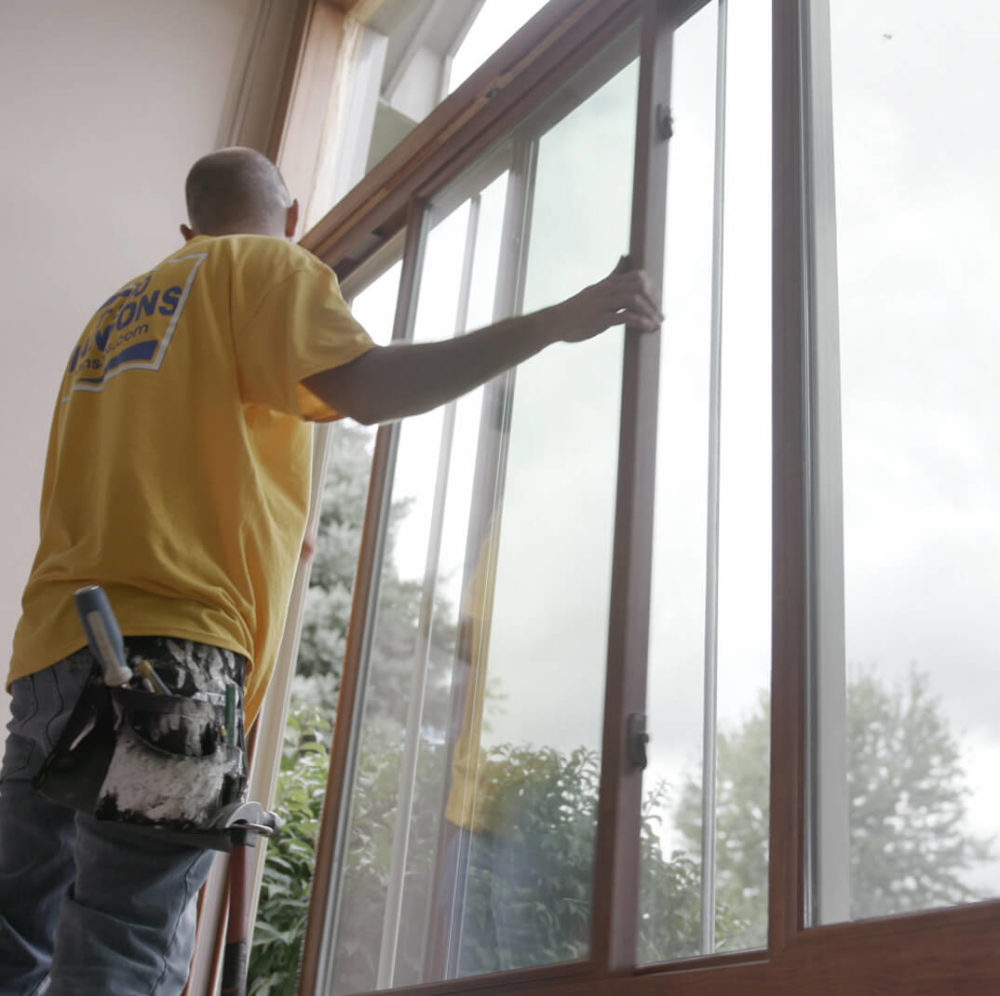
Ready to get started?
We’re ready to help transform your home with durable, energy-efficient products that can help protect your home, improve your comfort and save you money.
Our consultation includes:
- Inspecting your home and gathering precise measurements
- Displaying our best-in-class products and design options for you to choose from
- Providing an immediate estimate and finance options to fit your budget

Enter today for a chance to win a $50,000 home exterior makeover!
50% off installation. Special financing available.
Labor Only. Roofing and siding are priced by the square. This offer is not combinable with other offers/promotions, may be withdrawn without notice, and prior sales are excluded. You must purchase by 4/30/25 to qualify for the special offer. The Lifetime Guarantee applies to roofing, siding, windows, and gutters. Bathtubs and showers offer a no-leak guarantee. Visit www.hansons.com/licenses/ for current contractor license information. Other restrictions may apply.
Disclosure: GreenSky® program consumer loans are made by Synovus Bank, Member FDIC, NMLS #408043, without regard to age, race, color, religion, national origin, gender, disability, or familial status. GreenSky Servicing, LLC (“GSS”, NMLS #1416362, www.nmlsconsumeraccess.org) is a financial technology company that manages the GreenSky® program by supporting originations and servicing the loans on behalf of banks and other financial institutions that make or hold program loans. GreenSky® is a registered trademark of GreenSky, LLC and is licensed to banks and other financial institutions for their use in connection with the GreenSky® program. GreenSky LLC and GSS are not lenders. All credit decisions and loan terms are determined by program lenders.


